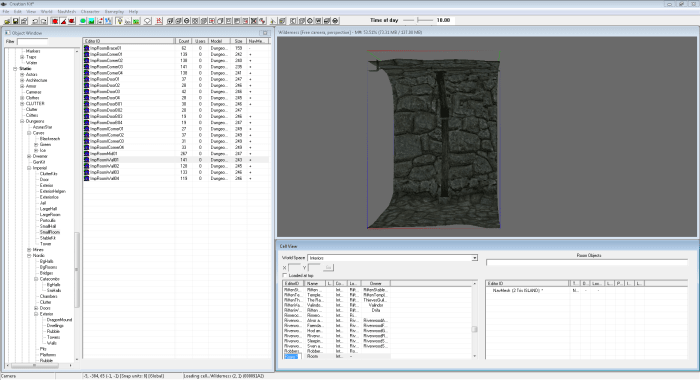

This makes sense: you don’t have to waterproof steel or vinyl because water doesn’t penetrate them in the first place. One of the central issues concerning waterproofing is the porosity of the material being waterproofed.

Since about 99% of the people reading this have brick chimneys, let’s start there (I will address non-brick chimneys later). The good stuff does cost more – not prohibitively more – but it is oh so, so worth it. In other words, water can’t get in, but it could get out if need be. At the same time, if the masonry has trapped moisture in it the day you decide to waterproof (and it very well may) the head pressure of the water inside will be able to overcome the electrostatic charge and escape.

Basically, that means that it doesn’t use solids to block up the pores of the masonry, rather it sets up an electrostatic charge that outside water can’t overcome. You want a product that uses poly siloxanes or silanes. One major brand costs fairly little but lasts a rather short amount of time because it breaks down in with UV exposure (sunlight.) Choosing the Right Waterproofing Productīefore getting started, please understand that the less a waterproofing product costs, the less likely it is to do you any good. Best way to waterproof what kind of chimney? Are we waterproofing a vertical wall or the breast of the brickwork? There are brick, concrete block, stucco and stone chimneys and there are different considerations for all of them – meaning you might use different products on different types of chimneys. Asking what’s the best way to waterproof a chimney or what are the best waterproofing products are both understandable enough questions, but they’re also too broad for a simple answer.


 0 kommentar(er)
0 kommentar(er)
